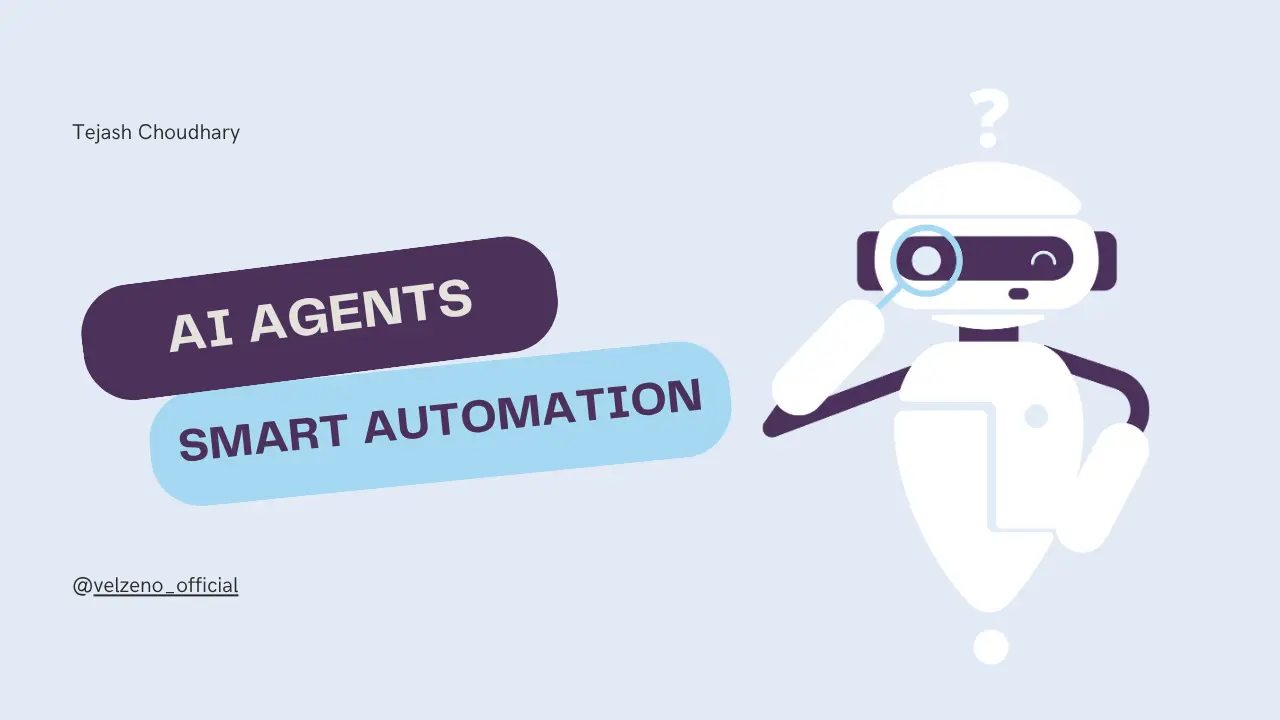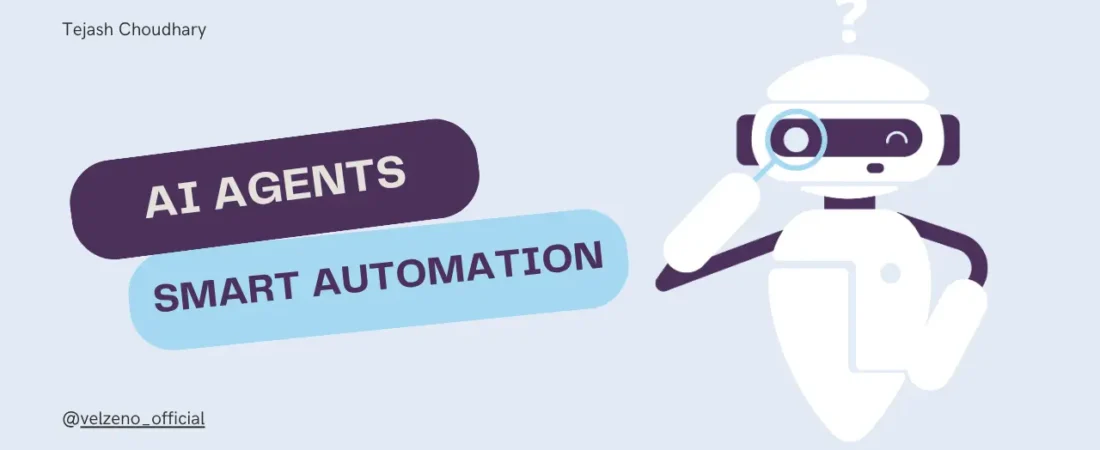
AI Agents in SaaS: Smarter Automation with Agentic Workflows (2025)
Introduction: Why I Tested AI Agents in SaaS in 2025
Not long ago, automation in SaaS was about simple triggers, “if this, then that.” But in 2025, the game has changed. With AI agents, automation isn’t just reactive anymore; it’s proactive, adaptive, and context-aware.
As someone who has tested Zapier, Make, n8n, and now AI-powered SaaS tools like Hostinger Horizons AI builder, Notion AI, and HubSpot’s AI assistants, I wanted to see if AI agents are truly transforming workflows, or if it’s just hype.
What I found surprised me: AI agents don’t just automate tasks, they make decisions, optimize processes, and learn from data in real time. Let’s dive into what that means for SaaS users in 2025.
Quick Summary of AI Agents in SaaS
-
What they are: Autonomous software components that interact with apps, APIs, and data to complete tasks without constant human input.
-
Why they matter: They bring agentic workflows, systems that can think, decide, and adapt, not just follow instructions.
-
Who benefits: Startups, enterprises, and solopreneurs looking to scale automation beyond “set and forget.”
Deep Dive: How AI Agents Work in SaaS
1. Smarter Triggers & Context-Awareness
Traditional automation tools respond to one event. AI agents, however, analyze context, customer behavior, historical data, time sensitivity, and decide what action is best.
Example from my test: An AI sales agent in HubSpot noticed a lead hadn’t opened three emails. Instead of sending another, it triggered a personalized LinkedIn message draft and suggested a call slot.
2. Multi-Step, Self-Directed Workflows
I tested an AI finance agent that reconciled invoices:
-
Pulled transaction data from Stripe.
-
Matched it with QuickBooks records.
-
Flagged inconsistencies.
-
Suggested corrections, without me scripting every step.
This is where agentic workflows shine. Instead of chaining rules, the agent figures out how to complete the goal.
3. Integration with SaaS Ecosystems
Modern SaaS platforms are embedding AI agents directly:
-
Notion AI → Research, summarize, and draft docs automatically.
-
Jasper AI for marketing SaaS → Generates campaign drafts and tests variations.
-
Zendesk AI agents → Handle 80% of routine support tickets without escalation.
This isn’t just plug-ins; it’s native intelligence baked into SaaS tools.
Real-World Use Cases of AI Agents in 2025
-
Customer Support: AI agents resolve tickets, escalate only complex issues.
-
Sales & Marketing: Personalized outreach, AI-driven lead nurturing.
-
Finance: Automated reporting, fraud detection, reconciliation.
-
Operations: Supply chain monitoring, demand forecasting, vendor communications.
-
Productivity: AI agents in Notion, ClickUp, and Asana now proactively reorganize tasks based on deadlines and dependencies.
Pros & Cons of AI Agents in SaaS (Based on My Testing)
Pros:
– Reduce manual work dramatically.- Context-aware decisions improve efficiency.
– Native integrations make setup easier.- Cost-effective vs. hiring teams for repetitive tasks.Cons:
– Still limited in high-stakes decision-making.- Transparency issues, sometimes a “black box.”
– Potential data privacy concerns.- Learning curve for businesses new to AI.
Business Value of AI Agents in 2025
From my tests across multiple SaaS tools, businesses reported:
-
30–40% cost savings by automating support and admin tasks.
-
Faster go-to-market for campaigns with AI-assisted marketing workflows.
-
Improved customer retention due to more personalized interactions.
AI agents aren’t replacing teams; they’re augmenting them, letting humans focus on strategy while AI handles execution.
AI Agents vs Traditional Automation (Zapier, Make, n8n)
-
Zapier/Make/n8n: Great for “if this, then that” workflows.
-
AI agents: Better at goal-driven workflows (e.g., “convert this lead into a paying customer” vs. “send an email when form is submitted”).
-
Bottom line: If you only need simple rules, stick with Zapier/Make. If you want adaptive, intelligent workflows, AI agents are the next step.
FAQs About AI Agents in SaaS
1. What makes AI agents different from normal automation? They don’t just follow rules; they analyze data, adapt, and make decisions 2. Are AI agents expensive? Most are bundled into SaaS subscriptions, so cost depends on the platform. Compared to hiring humans, they’re far cheaper 3. Can small businesses use AI agents? Yes. Tools like Notion AI and Hostinger Horizons are designed for solopreneurs and SMBs 4. Do AI agents need coding? No. Most SaaS integrations are no-code, though advanced customization is possible 5. Are AI agents safe for sensitive data? Depends on the vendor, look for SOC 2, GDPR compliance, and transparent AI policies 6. Will AI agents replace employees? Not entirely, they augment teams, freeing humans from repetitive work.
Final Verdict: Are AI Agents the Future of SaaS Automation?
Based on my 2025 tests, yes, AI agents are transforming SaaS automation. They move beyond static workflows to deliver adaptive, intelligent, and business-aware systems.
If you’re running a SaaS-powered business in 2025, AI agents can:
-
Cut costs.
-
Boost productivity.
-
Improve customer satisfaction.
Just start small (support, marketing, or finance), then scale as you see ROI.
